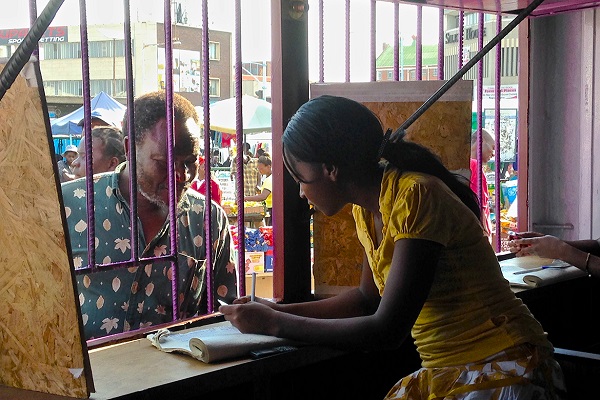Ghana’s parliament on Tuesday passed a controversial electronic transactions bill popularly referred to as E-levy.
The bill relates to the introduction of a levy on electronic transactions including mobile money transactions.
Ghana’s President, Nana Akufo-Addo is now expected to sign the bill into law before it becomes effective and operational.
Last year when the bill was introduced as part of the 2022 budget statement by the country’s Finance Minister Ken Ofori Atta it sparked fury among many Ghanaians.
Its passage in parliament stalled several times and even led to brawls among lawmakers.
On Tuesday though during the passage, the minority MPs from the opposition party walked out giving the majority the urge to approve it.
The Bill was however adopted at a reduced rate of 1.5% from the initial 1.75% from last year.
With regards to mobile-money payments the levy will apply to transactions that are more than GH¢100 ($11) on a daily basis.
Ghana’s government said the introduction of the e-levy has been necessitated by the astronomical rise in electronic transactions, hitting $80 billion (over 500 billion Cedis) in 2020.
According to government between February 2020 and February 2021 alone, Ghana saw an increase of over 120% in the value of digital transactions.
After considerable deliberations, Government has decided to place a levy on all electronic transactions to widen the tax net and rope in the informal sector. This shall be known as the “Electronic Transaction Levy or E-Levy,” Ghana’s finance minister said last year in parliament.
Although the government plans to use some of the proceeds to promote entrepreneurship and create jobs for the youth, many Ghanaians have taken to social media to kick against it.
Source: Africafeeds.com


